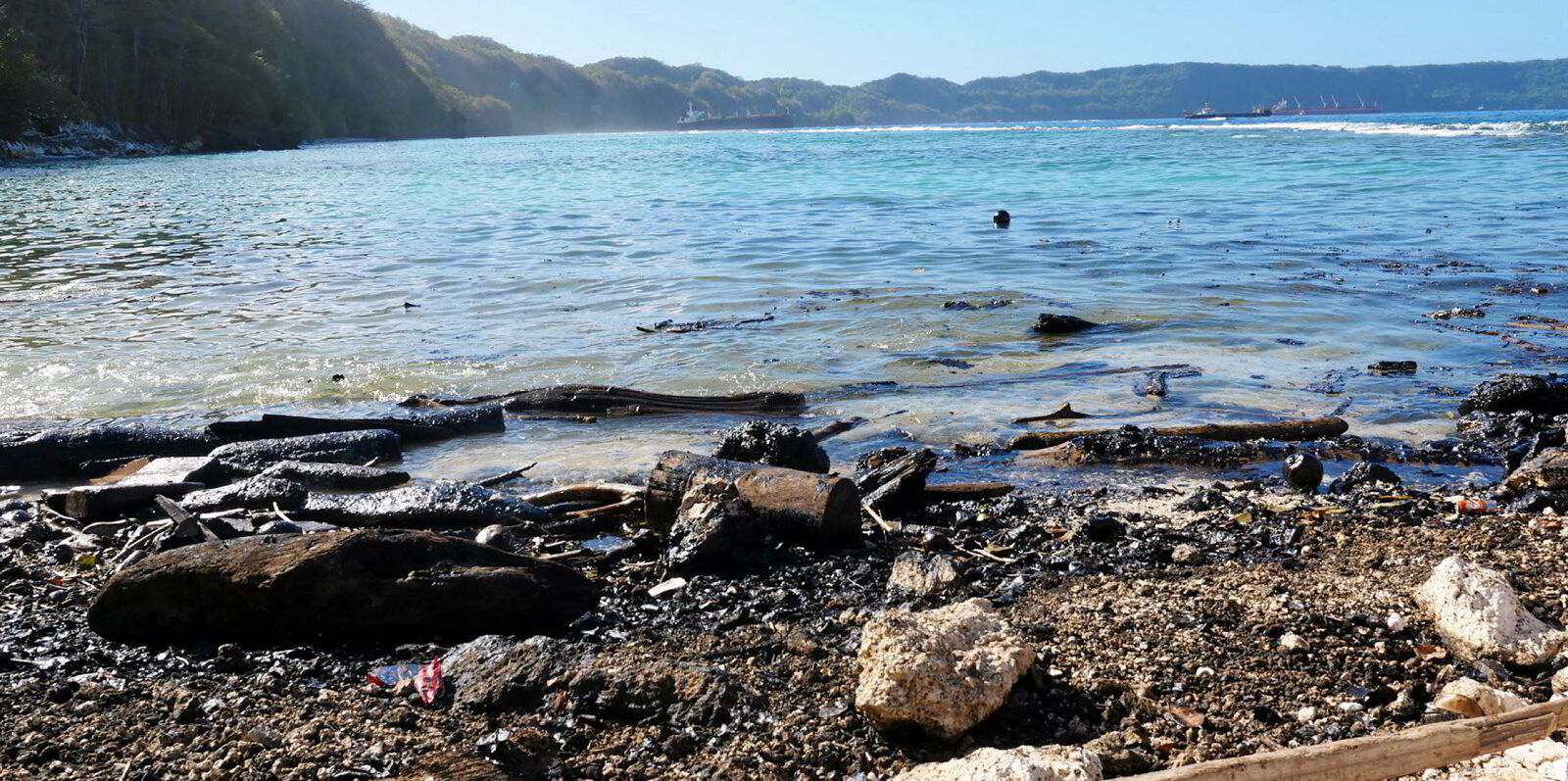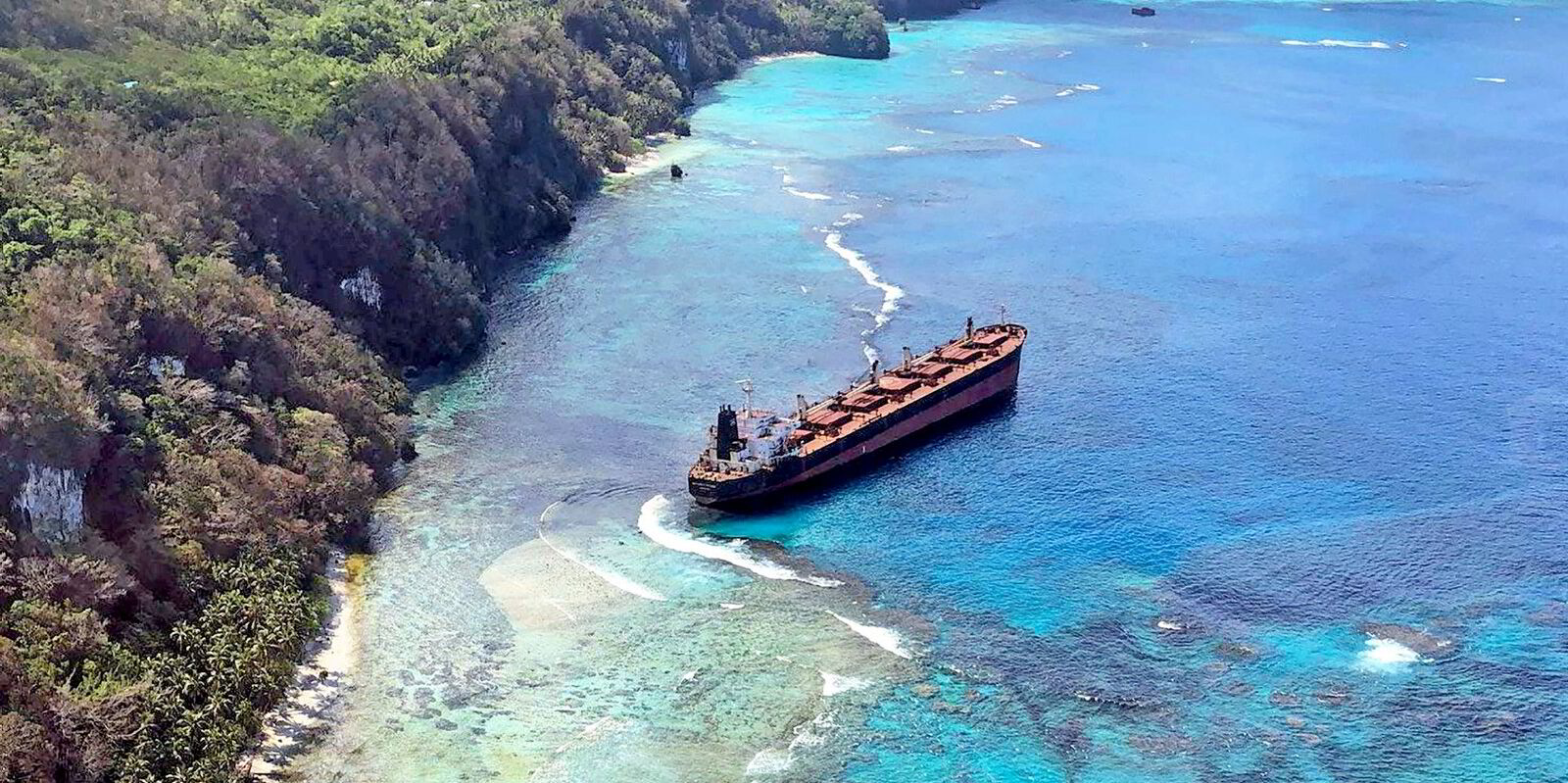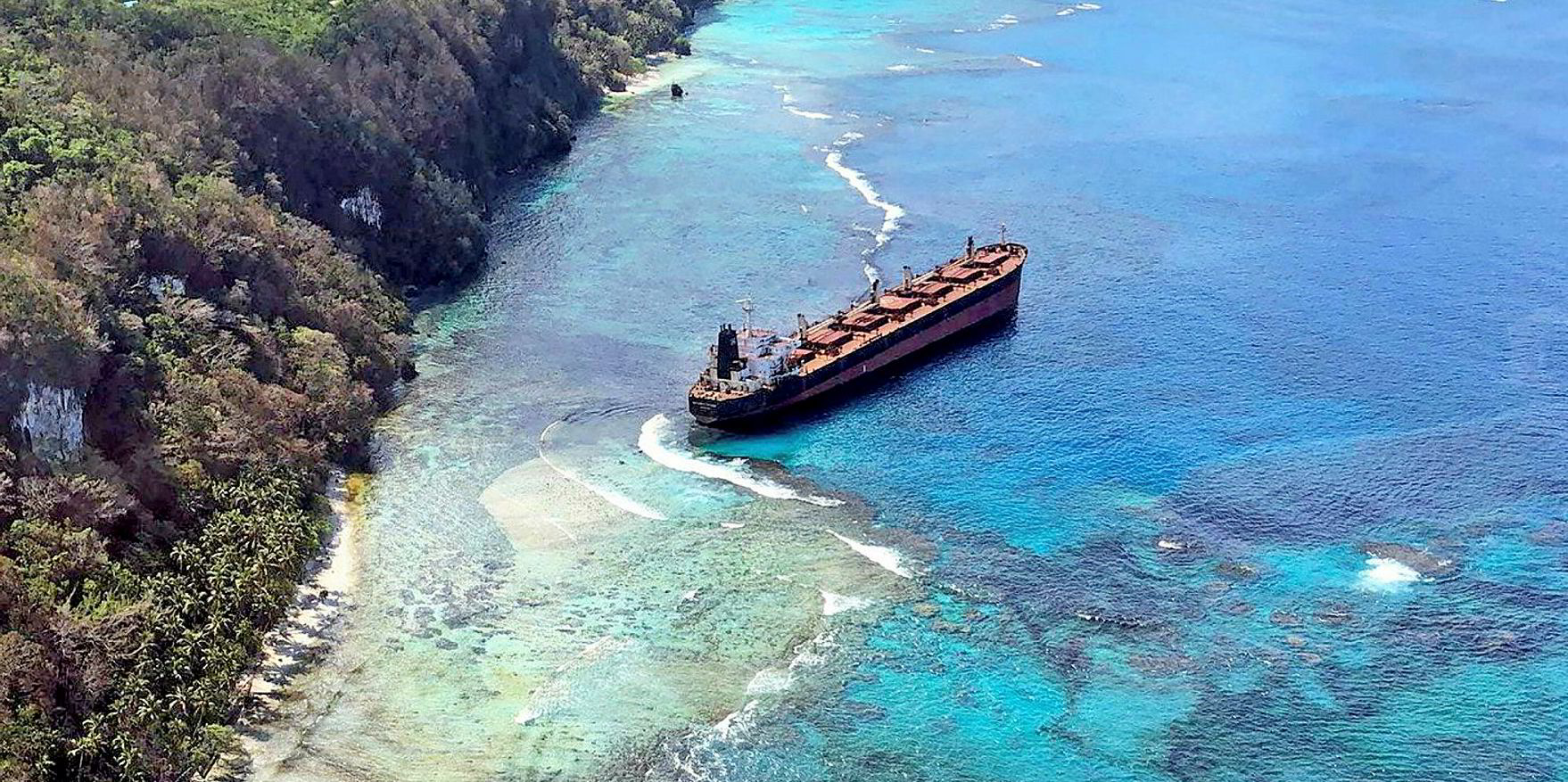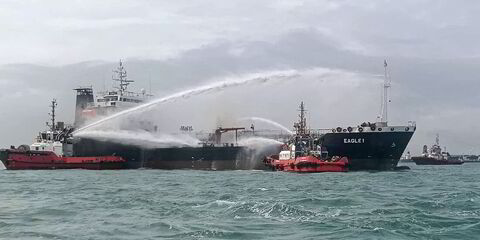An English court has backed an insurance underwriter refusing to pay out on a $47m grounding claim in the Pacific after the charterer held responsible for the casualty went bust.
The 73,600-dwt Solomon Trader (built 1994), partially loaded with 11,000 tonnes of bauxite, was stuck for three months in Rennell Bay in the Solomon Islands after being caught in a storm in 2019 and spilt more than 70 tonnes of bunker fuel.
A Hong Kong arbitration hearing in 2023, four years after the casualty, found that the charterer of the ageing bulker, the Bintan Mining Corp (BMC), was liable for damages to the shipowner, King Trading, and its mutual protection and indemnity provider, Korea P&I Club.
But the British Virgin Islands-registered mining operation was already insolvent and was wound up within a year of the arbitration ruling without paying any of the $47m damages.
English law allows for the shipowner and P&I club to bring a claim instead against the commercial insurer MS Amlin Marine, which supplied the charterers’ liability insurance to BMC.
But citing a long-standing provision relied on by mutual P&I clubs, MS Amlin said its policy included a clause stating that it would have to refund BMC only if the mining company had first fulfilled its side of the bargain and handed over the $47m in damages.
MS Amlin went to court to ask a judge whether that rule of “pay as may be paid” continued to apply in the case if a claim was made by the shipowner and the P&I club.
Mr Justice Foxton agreed with the insurer on Tuesday, saying there was no “inherent inconsistency” in an insurer’s promise to provide cover while also insisting that BMC paid out before it reimbursed the miner.
It was not immediately clear if the ruling would be appealed. Lawyers for the shipowner and Korea P&I Club have been approached for comment.

Law firm Campbell Johnston Clark, which represented MS Amlin, said the ruling would be welcomed by commercial insurers operating in the fixed premium market because it would put them on the same footing as mutual insurers.
“This judgment confirms that, with clear enough wording and provided that they are properly incorporated into the policy terms, such [‘pay first'] clauses are legitimate and can be relied on by insurers,” said lawyers Alistair Johnston, Maria Borg Barthet, Richard Hickey and Konstantina Zariou in a commentary.
Lawyers for the shipowner had argued that pay first clauses were a “bad thing” that should be thrown out, as they could result in insurers not paying out on legitimate claims.
In his ruling, Mr Justice Foxton highlighted the “perverse underwriting incentives” at play that meant an insured company could go bust because it could not make a payment before claiming on insurance.
“In this case, they are particularly acute, given the high level of cover purchased ($50m), and the small scale of BMC’s commercial operations,” he said.
“The maritime venture still involves major risks which can give rise to very substantial liabilities,” he said, but added that it was outside of the scope of current law to address.
“Prudent operators seek to insure against those liabilities, and a range of third parties who suffer loss and damage as a result of accidents at sea will look to insurances of this kind to be made whole,” he wrote.
“ ‘Pay first’ clauses reduce the efficacy of that protection when it is most needed.”
TradeWinds reported in 2019 that the Solomon Trader was removed after three months aground and was taken for scrapping after being declared a constructive total loss.
There were fears of a major pollution incident with 700 tonnes of bunker fuel on board in an environmentally sensitive region.
About one-tenth was estimated to have leaked before a salvage company managed to remove the fuel, seal the hull and refloat the vessel.
Read more
- Korea P&I Club’s conservative strategy keeps AM Best on side
- Korea P&I Club opens up to rivals on casualty experiences
- Korea P&I Club braced for flood of claims due to KMTC boxship blaze
- Authorities draw up plans to refloat sorry Solomon Trader
- Solomon Trader salvage turns into wreck removal exercise





